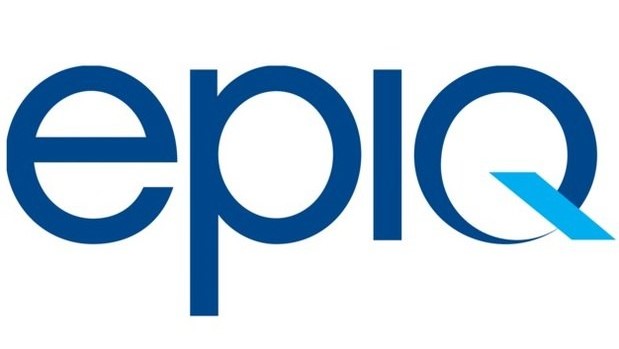In e-discovery and investigations, time is often of the essence. While artificial intelligence can reduce the overall time of a project, it can also present a speed bump at the start, in part because of the need to train the AI algorithm, and in part because the legal team may lack the AI-related knowledge or resources to get quickly up to speed.
A new offering announced yesterday by Epiq promises to provide law firms and legal departments with a longer-term solution to that problem.
The offering combines access to a set of pre-built AI models for common litigation and investigation topics, a team of experts to help with implementation and execution of the AI, and a longer-term program to help its managed services customers build and enhance their own AI model libraries based on their specific practices and data sets.
The pre-built AI models were mostly developed by Reveal, a leading provider of AI technology for e-discovery, and which, over the past year, acquired two other leading AI companies, NexLP last August and Brainspace in January.
Through its new offering, Epiq’s AI implementation experts work with its customers to assist them in using and tailoring these pre-built AI models, which are available for uses such as locating privileged documents, identifying sensitive data, or detecting workplace discrimination.
Epiq’s experts then help fine tune these templates for a customer’s specific needs, or build new templates, either from scratch or based on prior e-discovery matters.
Roger Pilc, president of Epiq Legal Solutions, said in a statement provided by the company that the goal of this new offering is to empower customers to harness AI to create sustainable value that is distinctive to their organizations.
“This differs from the common industry approaches of many service providers and emerging SaaS vendors, which range from not helping clients harness cumulative learning from their projects, to leveraging client data to train vendor AI models and yield benefits for the vendor, rather than for the client,” Pilc said.
In an interview yesterday via Zoom, Scott Berger, senior vice president, eDiscovery Solutions, at Epiq, said that a goal in developing this offering was to provide customers with an auditable and repeatable solution that can reduce risk and increase cost efficiency.
For legal departments, by deploying these models at the outset of an investigation or other matter and continually educating the model about their data, the longer-term result is greater efficiency and consistency, Berger said.
Similarly, for law firms, Epiq’s experts can build models tailored to their practice areas or specific clients, enabling the firms to leverage those models and increase the value they deliver to their clients.
“Our new AI model library program, developed with direct input and insights from our active managed services client community, will ultimately help our clients find evidence earlier in a case, reduce spend, mitigate risk, and continuously improve outcomes,” Berger said.
 Robert Ambrogi Blog
Robert Ambrogi Blog